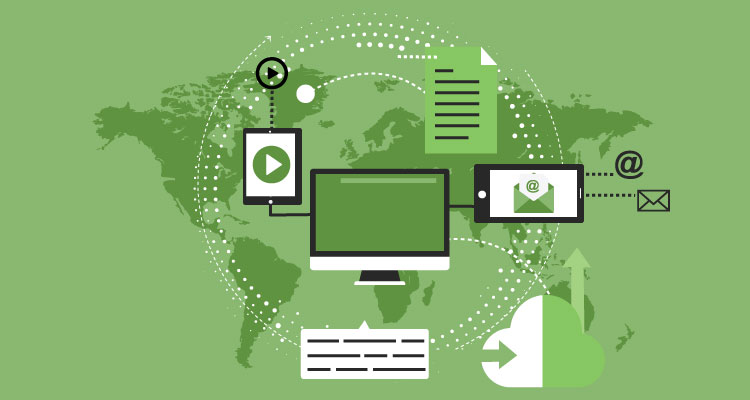India’s economy is one of the most unique in the world. The nation of over 1 billion citizens has long operated one of the largest cash based economies on Earth. Until recently, everything from groceries to wedding receptions was paid for in cash. A heavy reliance on small value bills led to an increase in crime and corruption in the Indian economy.
Until recently 98 percent of India’s economy was cash based, but a move by India’s government in November wiped out 68 percent of Indian cash over night. Will this lead India’s economy to be the most rapidly developing for payments in history? Let’s take a look at the opportunity for India to become a world leader in payments.
Table of Contents
ToggleIndian Payments – From Cash to Cashless
On a Tuesday in November 2016, Prime Minister Modi made a dramatic address on national television and told the country that in a few hours all high denomination currency would no longer be legal tender. Anyone with the old money could go to the bank to exchange for a new version India’s rupee.
While the majority of people went to the bank and changed in their high value bills, ₹500 and ₹1000 notes (₹ is the symbol for Rupees similar to how we use $ for dollars in the United States) for new ₹500 and ₹2000 notes. At the time of the exchange ₹500 was worth about $7, so take the phrase “high value” with a grain of salt.
Indian economy is likely to remain heavily cash based. However, this overnight change may be the needed push to take India’s economy digital and move toward a cashless system.
World Leader in Payments – An Opportunity to Connect 1.3 Billion
India is really big and very diverse. While the landmass of India is only about one third that of the United States, it has about four times the population. Much of India’s population lives in extreme poverty, though a portion of the society is incredibly wealthy. Thanks to a digital world economy, the wealthy benefit most. But what would happen if all 1.3 billion Indians were connected via a digital economy.
A digital economy looks much like what is progressing around the United States and Europe today. People are moving away from cash to debit and credit cards. People are slowly shifting from using a physical wallet to a digital wallet. Digital wallets offer an opportunity for even the poorest Indians to participate in the larger economy thanks to an ability to get paid digitally and make purchases digitally. Of course, those poor families need smart phones to make it happen, but Google’s newest low-end Android phones only cost under₹1000, making them accessible to a wide range of people.
Increased Efficiency and Less Crime
India has struggled with crime and corruption for decades. Because of the heavy reliance on cash, an underground economy that is not taxed or regulated grew to a powerful black market. Prime Minister Modi believes this has cost the country $100 billion in tax revenue. That is a huge loss for a nation struggling to modernize and combat poverty.
At the same time a digital economy can help India fight crime, it can help everyone and every business modernize and act more efficiently. Imagine all of the minutes that can be saved dealing with banks and counting change. Imagine how much safer people’s money is in a secured account compared to a coffee tin on top of the fridge or under the mattress. A better money system gives everyone better access to everything. India’s recent move may be the first step in leading change to a new digital era in India.
India’s Tech Industry Can Drive Change
India is in a position to see dramatic change in the world of payments. However, there is no guarantee this will happen. If everyone sits idly by and goes back to old norms, India will find itself back in a position of corruption. This leads to fraud without the major benefits it was seeking in eliminating.
India is filled with engineers and the tech knowledge to create something truly remarkable. However, just because it can does not mean it will. Only time will tell if India has what it takes to shift from a cash economy to something cutting edge.
Here’s one vote that India will find a way to pull everyone out of poverty. This will be while modernizing its economy for the digital era. Keep your eyes on this important market to see what happens next.













